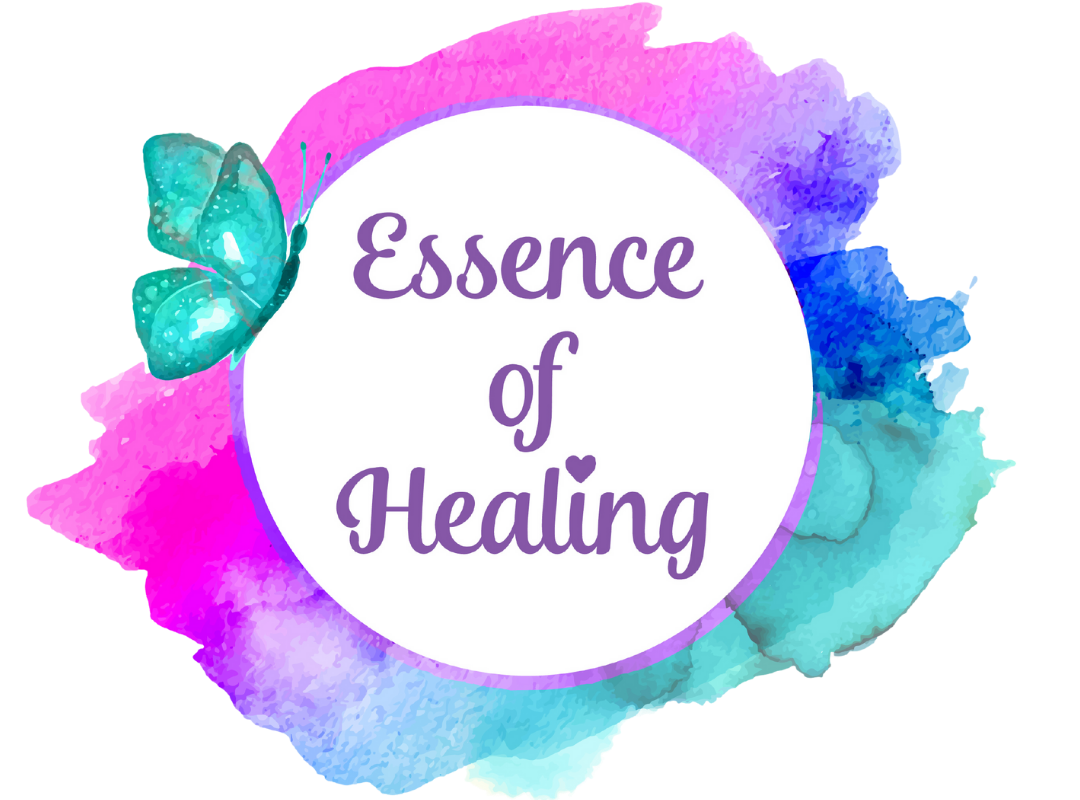The Art of Respectfully Negotiating Relationships
Have you ever thought about what steps you should take at the start of a relationship to make sure it doesn’t end like that one time (yeah, you know the one—everybody’s got a story of a relationship that ended horribly). The start of a relationship’s the time to talk about what you need and want to feel in your relationships, but what does that truly mean?
What is relationship negotiation?
Sounds like a business term, doesn’t it? It kinda is, I guess—but relationships have a way of getting all up in your business anyway, so it’s an accurate way to communicate a simple but necessary part of developing them.
Relationship negotiation is the process of intentionally communicating your wants, needs, preferences, and boundaries. It’s not a single event or even a formal checklist that identifies the steps you need to take. Instead, it’s an intention. Negotiating a relationship can help to dispel myths and set expectations before they take root. When you move respectfully toward building healthy relationships, you establish the framework your relationships will be built on. It creates space for the boundary work to begin and flourish.
All relationships benefit from communication
Communicating is important at every level of a relationship. During the early stages is the perfect time to do the boundary work together that will guide you through the journey toward a healthy relationship. All relationships have stages and you don’t wanna be comin’ into a messy moment when you realize for the first time you’ve got no idea how to talk to your partner about those feelings.
Navigating disagreements or experiences together depends on the way you communicate. When things are going well, the communication skills you establish early on will help you to deepen and build on positive moments and emotions. During disagreements or difficult personal moments, well communicated needs are a lifeline. Your partner(s) knowing your mental health and communication needs (and you knowing theirs) can be the difference between an uncomfortable conversation and your last one.
5 Tips to begin negotiating a healthy relationship
1. Do the inner work
It’s really hard to have a conversation if you don’t know what you want to say when you start. Before sitting down with your partner(s) to talk about what your relationship may look like, sit down with yourself and do the same. Go inward and figure out what you need. You can sit in that space of self-exploration alone, with a friend, therapist, or all three if you need to! There’s no shame in getting real with yourself to stay real in your relationships.
2. Talk less, listen more
Listen to what your partner(s) says and to the feelings they have. While the tip is to talk less, I want you to take it a step further: internalize less as you have these conversations. Listen to their feelings and experiences at the moment with them—hear what they’re saying and where they’ve been. When they’re telling you the story of their heart, hear it with your own. Don’t let your own narrative overshadow the one they’re sharing as their truth. One of my favorite quotes is, “Seek first to understand, then to be understood.”
3. Be messy as fuck
Truly, this one means exactly what it says. Be authentic early on in your relationship for the same reasons you should show up as your whole self to therapy. This one is particularly important for relationships that also involve kink or power dynamics. Being messy and honest about the things you fear sharing can allow you to overcome those barriers and build safer spaces that will help you to protect yourself with support from your partner.
4. Consider a checklist
If there are particular things you can think of that are weighing on your mind, or fears you have from past relationships, make a checklist! Like an inventory for emotional intimacy, this checklist can be anything you want it to be. You can cover past medical history, emotional care, preferred communication styles, and strengths. For kink relationships, you might even add in things like kinks, safewords and scenarios to explore them in a neutral headspace. Negotiating a healthy relationship can be as relaxed or as formal as you’d like and checklists can make sure you don’t miss important things. I love Will, Want, & Won’t lists.
5. Move with curiosity
It’s easy to show up to vulnerable conversations and feel a little defensive. But instead of letting that defense position lead you into the tone you set for your future, lean into curiosity. Ask “what,” “how,” and “why” as many times as you can—and not just to your partner(s)! Ask yourself too! What triggers you to feel this way? How did you come to assume these things? Why does that work for you? Understanding the way you experience emotions and expressions can help you move authentically through them.
Navigating the negotiation of a healthy relationship isn’t a single step or experience. It's an ongoing journey of connection and learning for yourself and the partner(s) who share that path with you. As cliche as it is, it’s a journey not a destination. While you never really finish negotiating, you will find the most fulfilling spaces by beginning where you are and creating and elevating toward your shared truth together.



